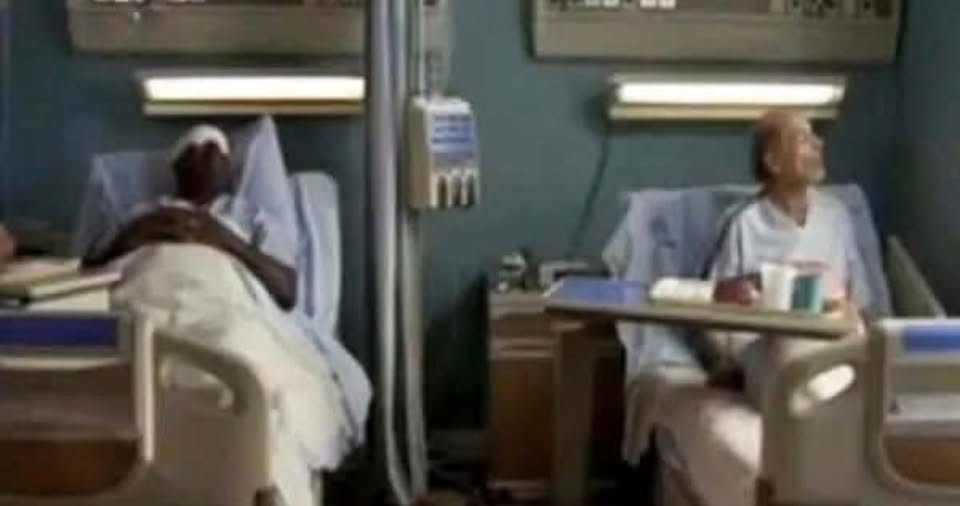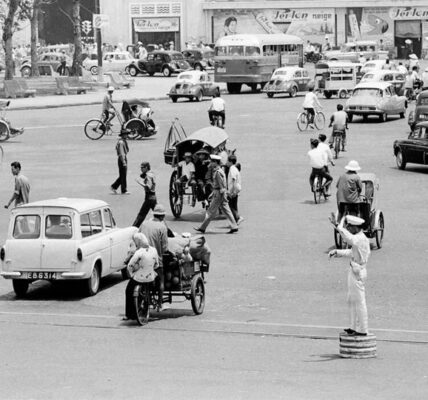
Two men, both seriously ill, shared a small hospital room.
One of them was allowed to sit up in his bed for an hour every afternoon, a necessity to help drain fluid from his lungs. His bed was beside the room’s only window. The other man had to remain flat on his back, unable to move much, day or night.
With little to do, the two became friends. They shared their stories—about family, war, love, jobs, travels, and dreams. But the part of the day they both cherished most came in the afternoon, when the man by the window sat up and began to describe the world outside.
The man confined to his bed could not see it for himself, but through his roommate’s vivid storytelling, he was transported.
“The sun is shining on the lake today,” the man by the window would say. “Children are sailing little boats, and the ducks are following them.”
He described the park with its blooming flowers in every color imaginable. Lovers walked hand in hand beneath the trees. There was laughter, life, motion, and light—and each word painted a picture in the other man’s mind.
One day, he described a parade passing through. Bands played, flags waved. Though he couldn’t hear it, the flat-lying man could see it all through his roommate’s words. These stories became his lifeline—his connection to a world he could no longer touch.
Weeks passed. And then, one morning, the nurse arrived with water for their baths and found the man by the window had passed away peacefully in his sleep.
She was saddened by the news. Hospital attendants quietly removed the body.
As soon as it felt appropriate, the other man asked if he could be moved to the bed by the window. The nurse, glad to help, made the switch. Once settled, he propped himself up slowly, painfully, on one elbow, eager to look outside and see the world his friend had so vividly described.
But the window faced a blank wall.
Confused and heartbroken, he asked the nurse how his friend could’ve described such beautiful scenes.
The nurse paused, then said gently, “He was blind. He couldn’t even see the wall.”
The man was stunned.
Then she added, “Perhaps he just wanted to encourage you.”
Epilogue:
Sometimes, the kindest thing someone can do is offer hope—especially when they have none themselves.
That blind man gave his roommate a gift: a vision beyond four hospital walls, a reason to look forward to each day, and the strength to keep going. All through imagination, love, and selflessness.
There is profound joy in bringing happiness to others, even when we ourselves are hurting. Because in lifting someone else, we often lift ourselves, too.
So today, look around—not at what’s missing, but at what you have.
And remember:
“Today is a gift. That’s why it’s called The Present.”
💛




